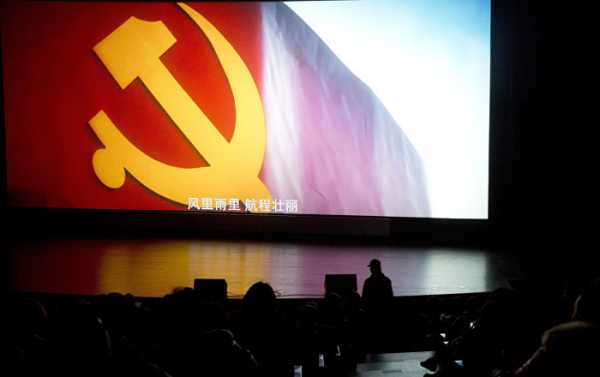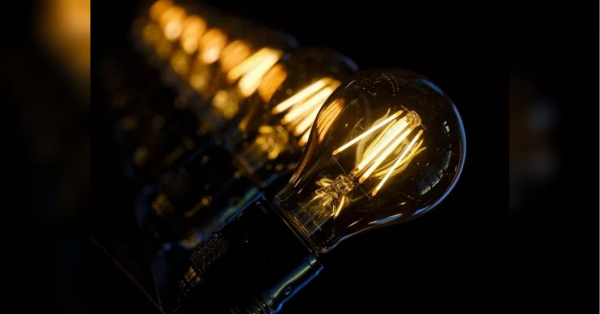
New Delhi (Sputnik): In November 2019, Indian Prime Minister Narendra Modi withdrew from a China-led 16-nation free trade bloc, the Regional Comprehensive Economic Partnership, blaming Beijing’s non-compromising attitude on market access. After the withdrawal, India initiated trade talks with the US that are yet to reach a logical conclusion.
China’s Regional Comprehensive Economic Partnership (RCEP) – a mega free trade agreement involving 15 nations – is likely to face an array of troubles in the post-pandemic world order as businesses may see more value in a diversified supply chain rather than a concentrated one, say analysts.
A section of analysts feels that once the dust from the pandemic settles, businesses will rather opt for a resilient and decentralised global manufacturing supply chain, thereby posing a risk to China’s grand plan for RCEP, which involves 15 nations and is aimed at controlling almost 40 percent of global trade valued at $21 trillion. Countries like Australia, which is part of China’s RCEP, are raising concerns (although unsubstantiated) on the origin of the virus and may add more troubles for China’s mega free trade dream, analysts believe.
China has envisaged the RCEP as the largest global trade partnership conglomerate between the Association of Southeast Asian Nations (ASEAN) and six other countries – India, Australia, China, South Korea, Japan, and New Zealand – with which the bloc has free trade agreements (FTAs).
The RCEP negotiations have been going on for over a decade and are still continuing. The agreement would have had a population of over three billion in its fold and would have controlled at least 40 percent of the global trade.
India, however, withdrew from the mega trade bloc in November last year at the RCEP conference in Bangkok. Prime Minister Modi left the deal, citing the non-compromising attitude of Beijing on free market access for Indian products in China.
China also wanted access to the Indian agriculture and dairy sector, to which India did not agree.
Analysts now feel that with the outbreak of the pandemic, uncertainty looms large over the trade bloc.
“Now the companies will be looking for a diversified supply chain going beyond China. They will look at other options like Vietnam, or Bangladesh, or Europe and the US”.
“An alternative supply chain is imperative. We cannot be short-sighted enough to be dependent on the lowest cost option. The pandemic has proved that it is a myopic view. In the post-Corona world, I also see that this [is] going [to] be changed. Also, if one fulfils the World Trade Organisation norms, I think one is already a part of the global trade arrangement. Global value chain and supply chain are going to be retransformed”, Mishra added.
Mishra pointed out that the role of China is itself in question. “If China does not reform politically, there is going to be an issue. Democratic societies have a different approach”, he added.
On the future of the RCEP, Swadeshi Jagaran Manch (SJM) – an indigenous products advocating body linked to the parental body (RSS) of India’s governing Bharatiya Janata Party – maintains that it will be difficult for China to retain its position as the world’s factory in the post-pandemic age.
“After the pandemic ends, China will be the biggest sufferer. It will cease to be the world’s factory. The outlook of the countries will change. Already, we have seen examples. Japan, which is part of the RCEP, is shifting its companies out of China. It is incentivising its companies to shift their base out of China”, said Ashwani Mahajan, the convenor of Swadeshi Jagaran Manch and also an associate professor at Delhi University.
In fact, one of the partners in the RCEP trade bloc, Australia, has been demanding an investigation into the coronavirus outbreak. Australia is one of around 120 World Health Organisation (WHO) member nations supporting an EU-proposed motion calling for an “impartial, independent and comprehensive evaluation” of the “international health response to COVID-19”.
Beijing, which has been dismissing a series of accusations led by the US over mishandling the pandemic, branded Canberra “gum stuck to the bottom of China’s shoe” in the state media for kowtowing to the US.
China’s President Xi Jinping defended his country’s response to COVID-19, which started in Hubei province in late 2019, saying that Beijing would support an investigation “conducted in an objective and impartial way”.
At the same time, China has announced huge five-year duties on Australian barley exports, with a 73.6 percent anti-dumping tariff and a 6.9 percent anti-subsidy tariff to be applied from 19 May.
The views and opinions expressed in the article do not necessarily reflect those of Sputnik.
Sourse: sputniknews.com






